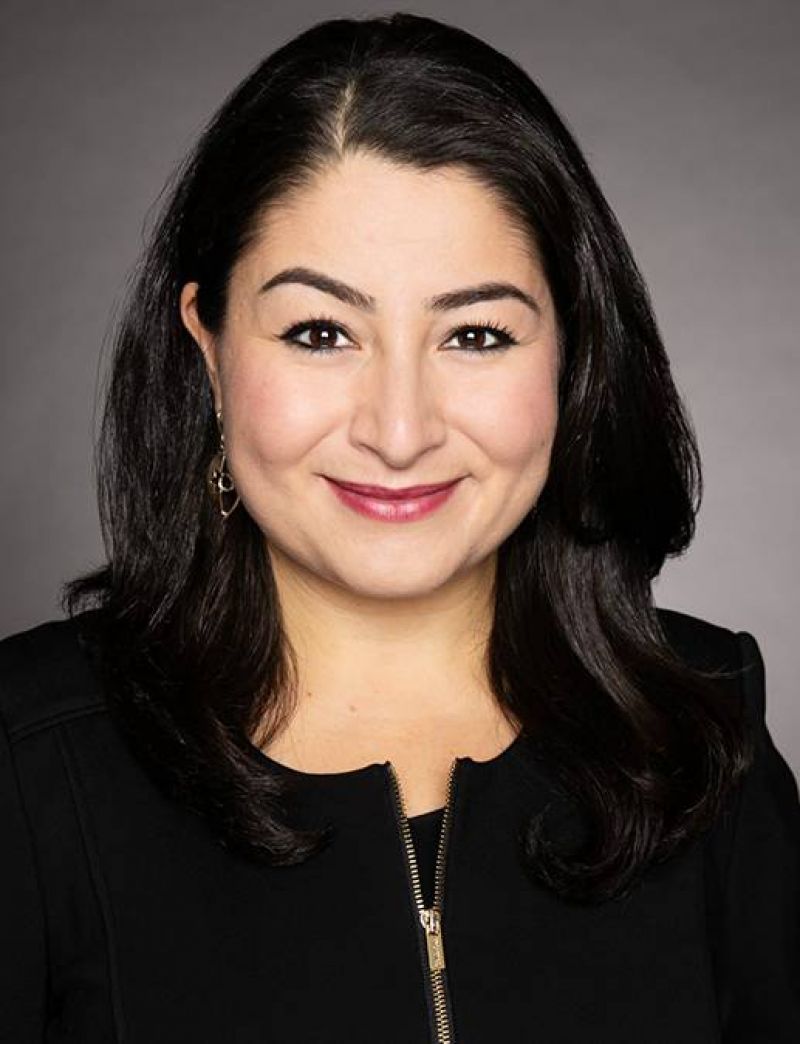Jeff Green | May 05, 2021
The Honourable Maryam Monsef has a long title; she is the Federal Minister for Women and Gender Equality and Rural Economic Development.
As part of a campaign to promote the recent budget, Minister Monsef conducted a series of interviews with rural new outlets last week. In a phone interview with the Frontenac News, she talked about some of the initiatives that were included in the budget.
“Our number one objective is to help people get back to work, supporting the provinces with whatever help we can provide to create a million jobs by the end of this year,” she said.
Among the spending initiatives she highlighted were $100 million for rural economic development through the Fed Dev agency, close to a $1 billion for the tourism sector, and specific funding for businesses and women entrepreneurs.
“We are planning and preparing for a safe opening and economic opportunities” she said.
She said that the signature policy of the budget, Canada-wide $10 daycare, is designed not only to make daycare more affordable at existing licensed centres, it is “absolutely meant to create new spaces, to offer a quality level of care by professionals. We have already created 40,000 spaces. Daycare is, of course, under provincial jurisdiction, but we are not new to this area. We are hoping the provinces will respond to this opportunity to create something that will help families and the economy by making it easier to raise a family and make a living,” she said.
Federal government efforts in many sectors, including tourism, childcare and IT infrastructure, are filtered through a provincial, regional and local lens before they impact individual lives, particularly in rural areas.
But one initiative that Monsef talked about will have direct impact, both for her as the MP for Peterborough-Kawartha and for residents in Lanark, Frontenac, Hastings and Peterborough Counties.
“Thanks to the advocacy of so many, including people in Peterborough, there is half a billion being invested in the VIA rail high frequency rail project. I'd like to take this opportunity to thank everybody in the region for supporting this. This is important for jobs in the future, it is important for connecting people, and for working together.”
In an earlier version of the VIA high frequency rail plan, there were stations or potential stations earmarked for Tweed and Sharbot Lake, but the most recent mapping does not have any stations between Peterborough and Smiths Falls.
When it was pointed out that the rail project's impact on Eastern Ontario communities between Peterborough and Ottawa will depend on whether there are stations along the way, Monsef deferred to VIA.
I think the planning of the route and the pathways that used, will be led by VIA rail. The proposal that they presented [to the federal government] is still under review.
“If communities can come up with the smart business models that makes sense to VIA, VIA will look at them. This is the time to start having those conversations,” she said.
She summed up her remarks by saying that economic recovery “in rural Canada starts with rural broadband. That, and other measures in the budget, create the conditions for really exciting conversations for community planning, and regional community economic development. Rural leaders should be really proud of how they pushed for VIA rail, childcare, and support for seniors.
More Stories
- Sticker Shock - EV Charging Station To Cost North Frontenac Township
- 30th Anniversary Verona Car Show
- The Forgotten Comfort Veg - Eggplant
- MERA Stage Comes Alive This Fall
- North Frontenac Council Report - August 27
- Addington Highlands Council Report - September 2
- Here's Grief - Have You Met
- Burn Ban Off in North Frontenac, Addington Highlands - Reduced to Level One in South and Central Frontenac
- The Resurgent Sharbot Lake County Inn and Crossing Pub
- Towards Then End of Trail

